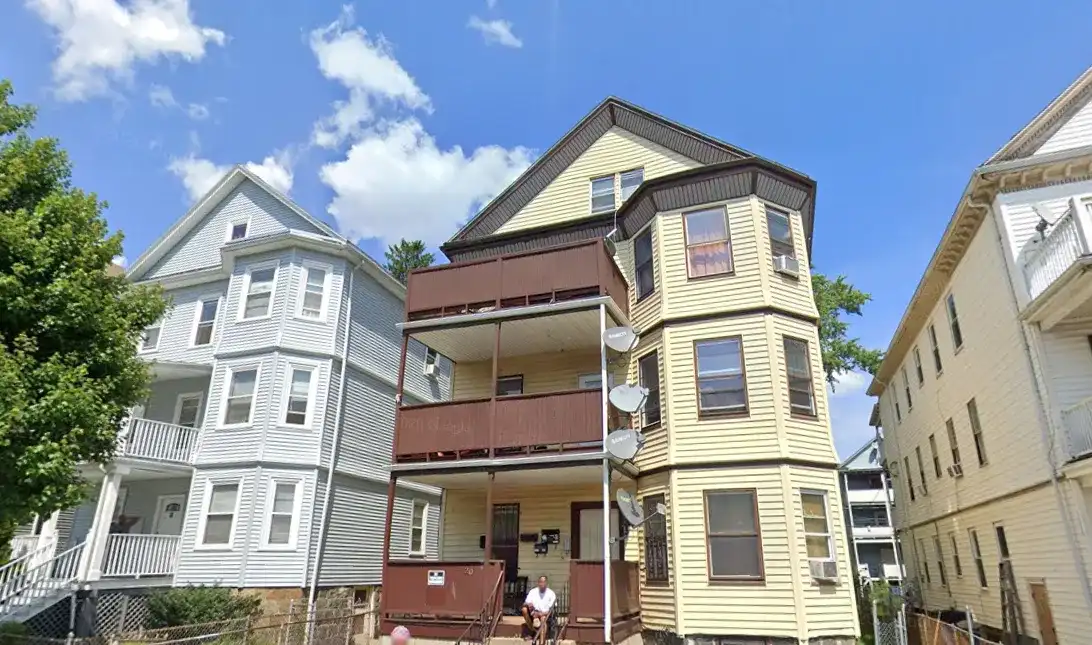
A person might speak with a shaky voice or have trouble holding items like utensils. Catherine Chase is a professional writer specializing in history and health topics. She holds a Bachelor of Arts in American studies from Skidmore College.

Other symptoms

By moderating alcohol consumption and prioritizing hydration and nutrition, individuals can take proactive steps to prevent hangover shakes. In most cases, hangover shakes will resolve on their own as the body processes the alcohol and returns to its normal state. However, there are certain situations where Alcoholics Anonymous seeking medical attention is necessary.
Accompanying Symptoms

However, it is a potential factor to consider for those who do experience these symptoms. Hangover shakes are a common reminder that you might have overdone it the night before. They happen because alcohol throws your brain and body out of whack — messing with things like your brain chemicals, fluid balance, and sleep. Heavy drinking can interfere with your body’s ability to absorb essential nutrients, including vitamins and minerals.
Alcohol Withdrawal and Shakes
It’s also why booze’s drying effect was long thought to be the main cause of hangover symptoms. If you find that you’re experiencing unpleasant effects during or after drinking alcohol, consider not drinking at all. You can also take steps to reduce the effects of alcohol on your nervous system. One way to do this is to take a magnesium supplement before drinking. Magnesium is a natural muscle relaxant and can help reduce the severity of tremors and other involuntary movements. In severe cases where the tremors persist for an extended period or interfere with daily activities, it’s best to seek medical attention.
Principles of Effective Day Treatment
Signs of severe shakes that may require medical attention include extreme fatigue, severe headaches, rapid heart rate, or confusion. These symptoms could be indicative of more serious underlying conditions and should not be ignored. The exact cause of hangover shakes is not fully understood, but several factors contribute can a hangover make you shaky to their occurrence. One significant factor is dehydration, as alcohol is a diuretic that increases urine production and leads to excessive fluid loss.
- Understanding the causes of hangover shakes and the impact of alcohol withdrawal can help shed light on this phenomenon.
- Understanding the duration of hangover shakes and the strategies for recovery can help alleviate these symptoms and promote a smoother recovery process.
- There aren’t any definite cures or ways to get rid of hangxiety symptoms, except with time, but there are ways that you can cope.
- Hangover symptoms, including shakes, typically peak when blood alcohol concentration (BAC) reaches zero and can last up to 24 hours after drinking.
They typically occur during the hangover phase, which follows a period of excessive drinking. The shakes are characterised by involuntary trembling or shaking of the hands, arms, legs, or other parts of the body. Excessive alcohol consumption can have a range of negative effects on the body, including the occurrence of hangover shakes. Hangover shakes, also known as alcohol tremors or alcohol shakes, refer to the involuntary trembling or shivering of the body that can occur after excessive alcohol consumption.
Low Blood Sugar Levels

It’s important to listen to your body and take care of yourself when dealing with hangover shakes. While hangover shakes are typically not a cause for concern, there are some cases where medical attention may be necessary. If you experience severe tremors that make it difficult to perform daily activities or if the shakes persist for an extended period, it’s best to seek medical attention.